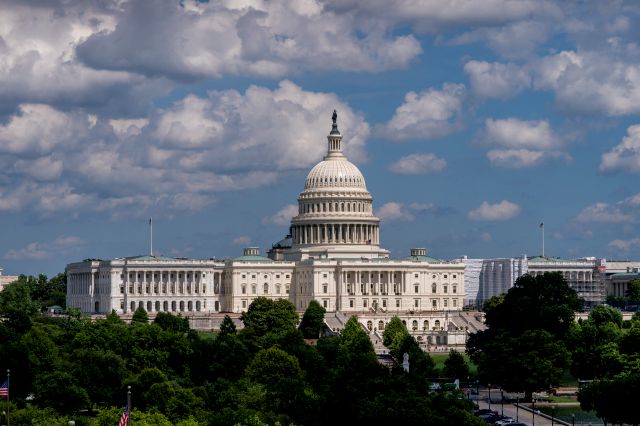ARPA expiration would end health insurance subsidies for many residents – Meriden Record-Journal

The expiration date of federal American Rescue Plan Act funds this year may impact the cost of health insurance for many local residents.
“Financial help from ARPA virtually eliminates or vastly reduces monthly payments, premiums, for many people with low and moderate incomes who enroll through Access Health CT in the form of Advance Premium Tax Credits,” said Caroline Lee Ruwet, director of marketing at Access Health CT.
ARPA funds are possible through the federal government, and under those funds Connecticut residents are eligible to receive “an additional $11 million per month or $132 million for Plan Year 2022 to help ensure that healthcare coverage remains affordable,” she explained. Ruwet noted that Advance Premium Tax Credits are not discounts as the premium amount is the same, but there are larger subsidies that provide consumers with monthly savings on premiums.
For example, a family of four with an annual income of $107,000 a year, was paying $3,323 a month in premiums before ARPA. Now the same family is paying $8 a month, representing monthly savings of $3,315. “ARPA has helped to get more people covered and also to have higher levels of coverage,” she said.
According to Ruwet, more than 65,000 Connecticut residents are receiving additional financial help for their insurance coverage through ARPA, more than 2,500 Access Health CT customers in the Meriden-Wallingford area.
Low-income and vulnerable communities
Community Health Center Inc. Access to Care Director Marie Yardis explained the organization primarily serves low-income and vulnerable communities, and understands “it’s not easy for individuals and families to find a plan they can afford that meets their needs.”
“Unfortunately, patients often choose to forgo purchasing health insurance coverage, seeing it as an added expense that isn’t justified,” Yardis said.
She noted that although the ARPA funds were helpful to some, Community Health Center didn’t see a significant uptick in enrollments among its patients.
Yardis said that although the majority of patients at Community Health Center are eligible for Medicaid, the center recognizes the importance of providing information to patients that fully encompasses what may be available to them. “We actively spread the word on the importance of having health insurance, how to connect to resources, and where to apply,” Yardis said.
Local voices
State Rep. Hilda Santiago, D-Meriden is in favor of an extension. “I believe that we should still at some point continue to help people with health insurance because it’s so expensive,” she said. “The premiums are high, and the subsidies, the discounts that folks are getting are really helpful in order to maintain healthcare.”
She said the ARPA funds are needed by working families; people that are feeling the effects of inflation and need to get more help related to child care and mental health. Santiago explained that the pandemic has impacted the mental health of young children, youth and parents that have had to stay home for the past two years. “That’s something we are still making sure that the money is used for.”
Santiago said they are also advocating for funding for afterschool programs, “an extension of what helps kids recover from mental health” and workforce development.
State Rep. Vincent Candelora, R-Durham, Guilford, North Branford and Wallingford, said there needs to be an analysis to ensure accessibility and affordability of healthcare are being met.
“As we start to lean off the federal money, we have to look at making sure that there’s appropriate income threshold levels for people who need those kinds of subsidized benefits,” he said.
However, he explained that when he learned of the subsidies for healthcare affordability, he was concerned that people would be accustomed to paying a low price and then have to go back to pay a high price. Removing the funds might be “disruptive” for many households, he said.
“We are going to have to take another look at how that program operates and to what degree the states can afford to subsidize those programs,” Candelora added.
ksantos@record-journal.com203-317-2364Twitter: @KarlaSantosNews







